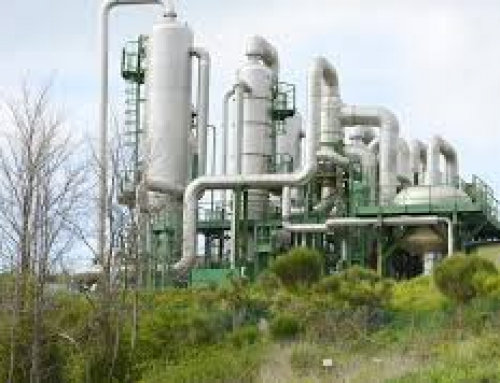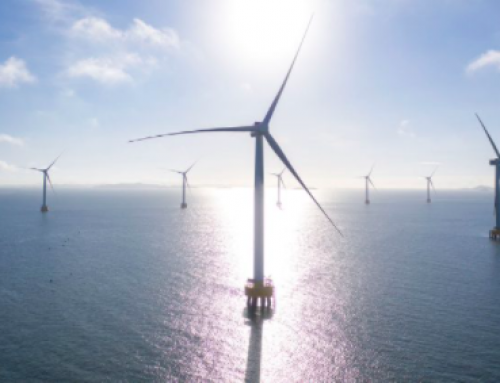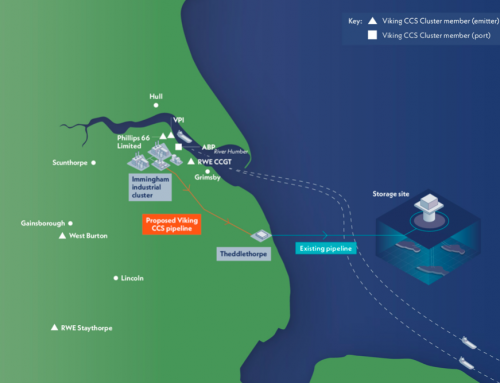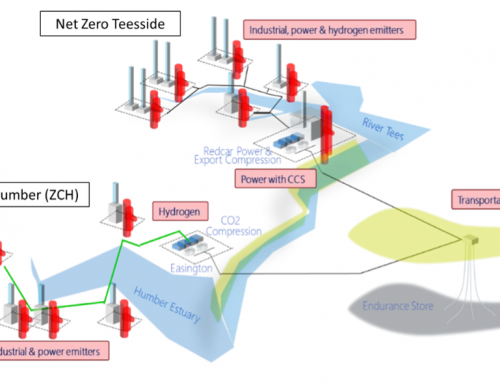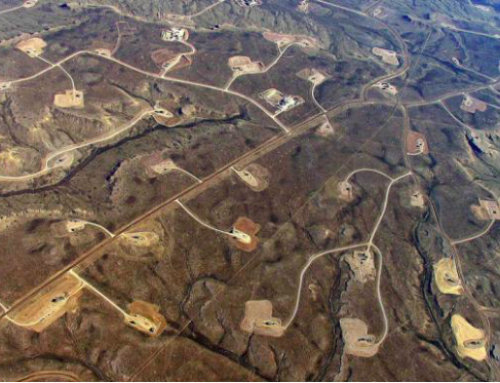By Barney Smith
On 31 July the Prime Minister announced that further licenses for exploration for OiI & Gas in the North Sea were to be granted: the first would be in the autumn, and there could be much as one hundred more delivered in the current (33rrd) offshore round for O & G licenses, now being run by NSTA. There could potentially be even more in subsequent rounds, to which the Government were now committed. He also said that the Government was now supporting two further Carbon Capture and Storage projects, one in Scotland, the other on Humberside, bringing the UK to a total of four projects. He added that the decision on licenses was entirely consistent with the Government’s commitment to reach net zero by 2050. (Net zero is defined as putting into the atmosphere no more than is taken out.) He then flew to the States for his holidays, presumably hoping that any fuss from the Climate warriors will have subsided by the time of his return.
How do his policy and his logic fit with previous commitments? To begin with, there is a world of difference between targets in the far-off-future and decisions taken now. In addition, the PM may well be right that his announcement does not affect the UK ‘s chances of meeting its’s commitment to be carbon neutral by 2050, and he is undoubtedly right to assert that O & G will still be with us by then. “The independent Climate Change Committee estimates that by 2050 some 25 % of our energy needs will still come from O & G”. Furthermore, new data shows that the carbon footprint of domestic gas production is around one quarter of the footprint of LNG imported from the States. But that is a security of supply and balance of payments argument, rather than a Climate Change argument.
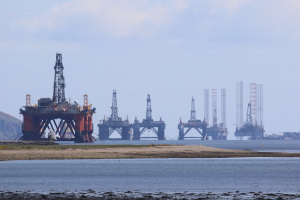
Image by Elliott Day from Pixabay
But then this announcement was never meant to be justified on Climate Change grounds. One clue is the fact that It makes no mention of the Paris Agreement, whose very spirit is essentially anti-fossil fuels and anti-any increase in carbon emissions. The PM is quoted as saying “Now, more than ever, it is vital that we bolster our energy security ….to deliver more affordable, clean energy to British homes and businesses”. He is presumably hoping that, in addition to business interests, he will be able to enlist the support of those who are more interested in alleviating the current cost of living crisis than in Climate Change in the future. But the fear amongst the Climate warriors is precisely that extra UK production may increase global demand for those very elements which the Paris Agreement was designed to curtail.
The views of Lord Deben (formerly John Gummer), the outgoing Chairman of the Climate Change, Committee, may be relevant to coming to a judgement here: he said that the “The failure to build on the success in hosting COP26 means that the UK has lost its clear global climate leadership ….. Inaction has been compounded by continuing support for further unnecessary investment in fossil fuels”. That was speaking before the PM’s 31 July announcement, though not necessarily in ignorance of it.
Lord Deben’s successor, Piers Forster, under the headline “the UK must not abandon the [scientific] evidence on Climate Goals”, talks of “A highly contentious issue.” Only too right! But his overall message is not encouraging: he says “Our recent progress report shows that the rollout of renewable energy and electric car sales are broadly on course. But the speed of rollout in other sectors needs to quadruple to meet the targets from 2030 onwards.”

